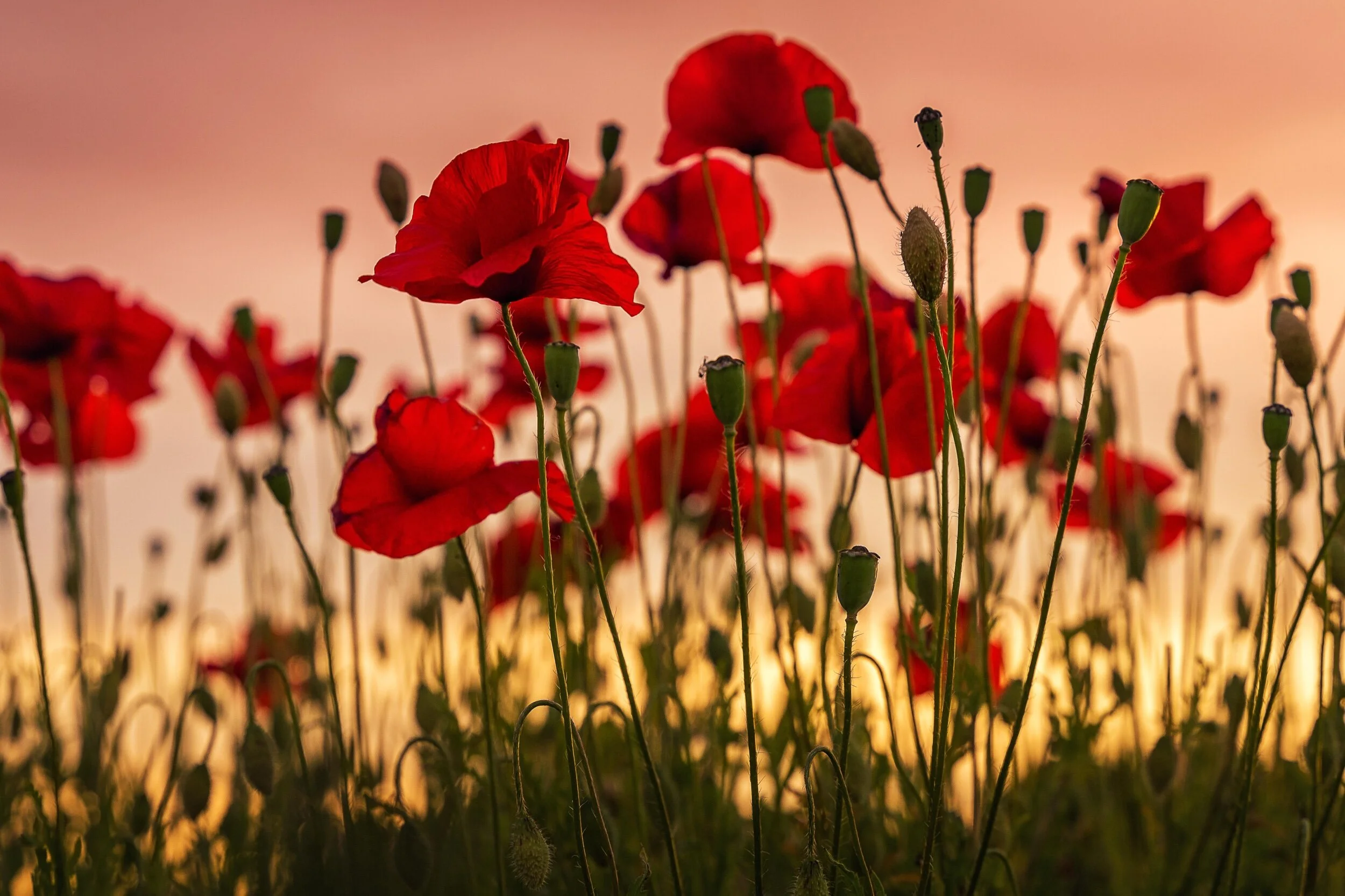Today is Remembrance Sunday- an anniversary used to remember all the people who have died in wars.
Remembrance Day (also known as Armistice Day) will be held on 11 November and marks the day WW1 ended, at 11am on the 11th day of the 11th month, in 1918.
These days are an important part of our shared cultural heritage. The human cost of wars has been felt in every city, town, and village in the UK.
Every year we remember and honour those who have sacrificed themselves to secure and protect our freedom.
In addition to remembering those lives lost to war, I have donated towards, and helped Lib Dem Councilor’s and activists in Watford put up poppies in north Watford, for 3 main reasons:
War exists
War is bad
We should try to avoid war
War exists
The poppies are part of Remembrance Day: a memorial day observed in the UK and across the Commonwealth to remember the members of their armed forces who have died in the line of duty.
The first remembrance days were held in the shadow of the Great War where as many as 8.5 million soldiers and 13 million civilians died.
In subsequent wars commonwealth servicemen and servicewomen continue to serve, continued to be injured and continue to die.
You may have heard the phrase “we will remember them”. That is what it is all about.
For me, remembrance is absolutely not a celebration of war, and it not about whether specific wars are just or unjust. It is simply about taking time to honour and respect the memories of all those lost.
It is an uncomfortable reminder, that war exists, and while it’s easy to be comfortable in our day to day existence, we should never be complacent.
War is bad
To me it’s quite uncontroversial to state that war is bad.
I can accept that wars of self defence can be justified and, let’s be clear, fighting the nazi’s was absolutely righteous and a moral necessity.
But as a fundamental position, the hurt and suffering, the economic and social damage, and the trauma, from any war is bad.
After the 1950’s Korean War (in which over 100,000 British troops served) an expression became popular in the USA: “Freedom is not free”.
There is a cost to liberty, and while we will all individually determine whether the costs are worth paying, the cost itself is bad.
We should try to avoid war
Essentially, If we want to live in peace we must work towards peace.
To quote from President John F. Kennedy’s Strategy for Peace
“Let us focus ... on a more practical, more attainable peace-- based not on a sudden revolution in human nature but on a gradual evolution in human institutions--on a series of concrete actions and effective agreements which are in the interest of all concerned.”
Avoiding war does not require naive unilateral action, but a sustained political effort to find compromises and agreements for mutual benefit.
We owe it to the memory of those before us to avoid making the same mistakes that led to the wars in which they gave so much.
At a time of global tensions between super powers, of climate change, urbanisation, water scarcity, and rising sea levels, the risk of war will continue to grow if we do not actively try to avoid it.
It is paramount that seek out the humanity in others. We must lean into the world through international institutions. We must prioritise shared cultural understanding and the exchange of ideas.
To give the final word back to President Kennedy:
“For, in the final analysis, our most basic common link is that we all inhabit this small planet. We all breathe the same air. We all cherish our children's future. And we are all mortal.”
